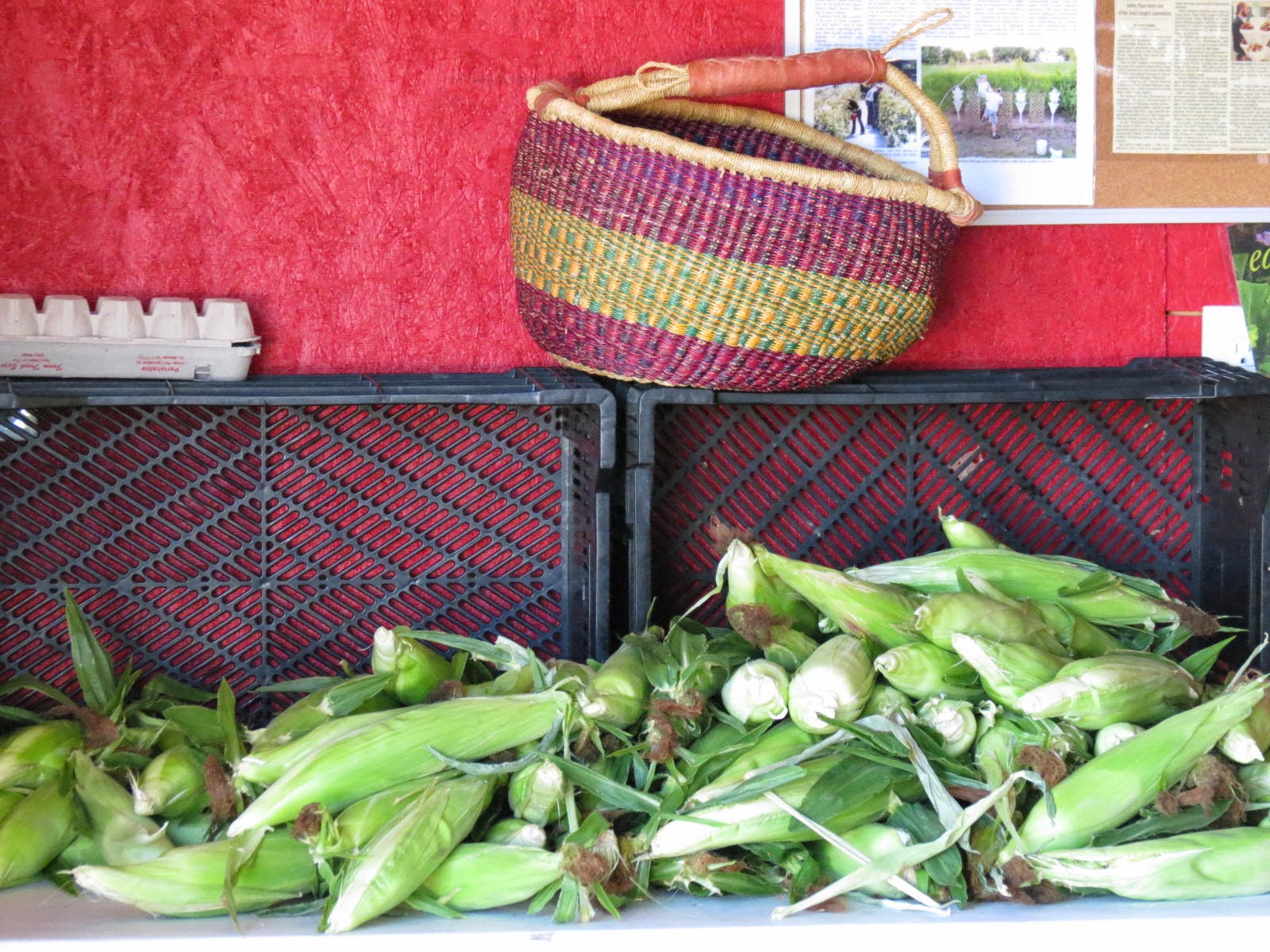Dear Ellen,
 |
| Ellen at work |
This past week I also read
one of the best self-published books that has ever come my way, Frozen Moon, by D. M. Greenwald, and wrote up a little review for
the Northern Express. More later on this, when I get copies in the store by the
end of next week, but I’m pretty sure you and Rick would both find Frozen
Moon a gripping tale. I’m ordering
Greenwald’s second novel, too, another fictional tale of rescue dogs at work.
Michigan writer and former dog trainer Greenwald knows winter!
Anyway, as I started out to say before becoming diverted, I wish I could say
we’ll be seeing you soon, but the September calendar is filling up fast, and
there is a lot that needs to be done that is not yet scheduled. But you guys
will understand that better than anyone else I know.
My truck, the one that broke down in Grand Marais two years ago, vastly multiplying the cost of that
particular U.P. vacation, is going into the shop for brake work on Tuesday, but
it’s okay, really, that the bookstore won’t be closing soon for a long
vacation, because the third printing of the Ice Caves of Leelanau book only arrived last Wednesday. I’ll also be
getting ready for a fun book event with Lynne Rae Perkins, who will read from
and sign copies of her new book, Nuts to You, on Friday, September 19, from 5 to 7 p.m. And, of
course, the second Leelanau UnCaged street fair, with art and music throughout
the village, is scheduled for Saturday, September 27.
 |
| Banner up! |
And that’s only the Northport
side of life. Projects on the home front also clamor for attention. But you
know how that is, too, don't you?
 |
| Pile of weeds, mostly wild grapevine -- a big morning's work |
And yet, astonishingly, we have managed a
couple evenings out. We went to the annual Sousa concert on Saturday night at
the Northport Community Arts Center, and it was fantastic, as always. David and
I were commenting to each other how far the village band has come since its
first days. Ken Bloomquist got it off to a great start before yielding the
podium and baton to Don Wilcox. Both Bloomquist and Wilcox brought years of
university band conducting to Northport. Saturday evening’s guest conductor, on
his third working visit to Northport, was another accomplished musician.
Director Emeritus Colonel John R. Bourgeois, USMC (retired), who was the 25th
director of the U.S. Marine Band from the Eisenhower Administration through
Bill Clinton’s presidency. Little Northport! Astonishing!
(David commented that the
band in its long-ago first year sounded “like a high school band.” Ha! Maybe
like your high school band, I told
him, but not like mine. Now they
sound like my high school band! I
played violin in the high school orchestra, not band, but our entire music
program was outstanding in Joliet, Illinois, in the 1960s. During Saturday
evening’s concert, I thought several times of fellow blogger Dawn King and how
much she would have enjoyed being in the audience – or onstage!)
And earlier in the week we’d
gone out to the movies, something we don’t do often. “The Hundred Foot Journey”
at the Bay Theatre was all I’d hoped it would be. I recommended it
enthusiastically to friends who went on Friday night and were not disappointed.
Where is the nearest movie theatre to Grand Marais, Ellen?
Oh, and after pulling all those wild grapevines and other weeds in the pile above, we took a lunch break at the Narrows -- a vacation hour in August! Nothing is more peaceful than waterlilies, don't you think? (Do you think? Which?)
Yellow-gold straw is being
cut and baled on the back roads in Leelanau County. Goldenrod blooms along
roadsides and across fallow fields, and in low spots Joe-Pye-weed has come into
its own. No asters yet. They are still to come. In my meadow at home, for now, coneflowers reign supreme.
For teachers, this is the
time of year that life speeds up, but for those of us in business in tourist
areas, a considerable slow-down coincides with cooler nights and mornings --
and doesn’t it always feels as if we couldn’t have gone one more week at
summer’s pace? Not true, I’m sure. I think it’s being in sight of “the barn”
that brings on the exhaustion, and if we knew we had another month to go, we’d
summon up the resources to handle it. Oh, but it’s delicious, the feeling of
September coupled with not going
back to school!














































